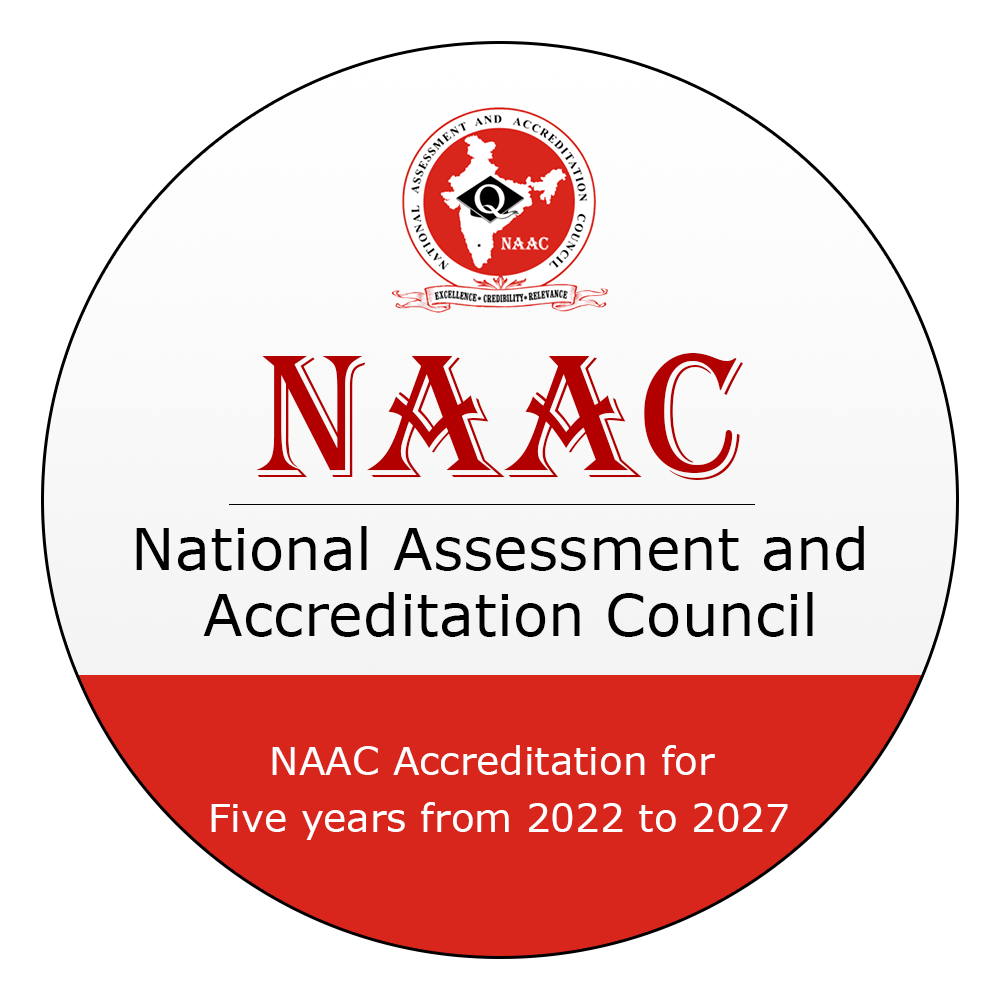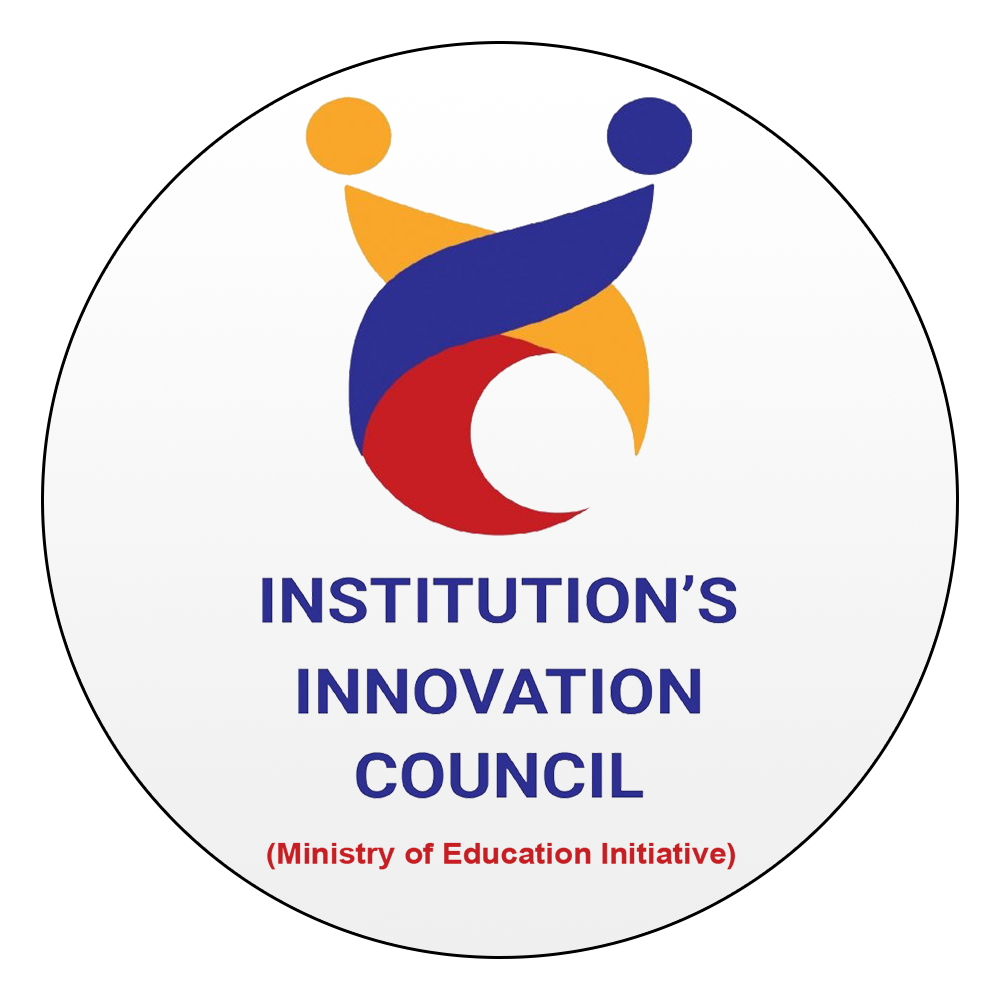ABOUT THE DEPARTMENT
Automation and robotics engineering is a branch of engineering concerned with the design and development of robots. They employ computers to control and process robotic actions. These robots are then utilized in:
Automated and robotics engineers apply knowledge from computer engineering, mechanical engineering, electrical engineering, biological mechanics, and software engineering. But this isn’t everything. They also use control systems and information technology to lessen the demand for human labour in factories, offices, and at home. Automation and robotics engineering have been critical to humanity’s evolution, and they will undoubtedly carry significant responsibilities.
They build experimental robotic models, create production line robots with programmable arms, maintain and upgrade older production line installations, foresee demands in new areas, and design
Automation and robots engineering is the application of control systems and information technology to reduce the demand for human labour in the manufacturing of goods and services. Automation represents a step beyond mechanization in the context of industrialization.
A robotics engineering concentration can lead to job prospects in manufacturing, research and engineering, agricultural, mining, nuclear, power plant maintenance, and a range of other fields. Furthermore, there is ample opportunity for qualified specialists and researchers to work in all aspects of robotics R&D. According to the most recent global employment trend in robotics, sectors as diverse as surgery, modern warfare, and nanotechnology have seen a significant growth in demand for robotics technical specialists and researchers.
PROGRAMMES OFFERED BY THE DEPARTMENT
B.E – Robotics and Automation Started in 2024 with the intake 30 students.
PROGRAMME EDUCATIONAL OBJECTIVES (PEO)
| PEOs | PROGRAMME EDUCATIONAL OBJECTIVES |
|---|---|
| PEO1 | The program aims to develop a proficient engineer in Robotics and Automation field to serve the various technological needs of Industry and Society. |
| PEO2 | To develop the engineers to practice the multidisciplinary engineering knowledge in particularly in mechanical, electrical, electronic, control, manufacturing and software for Robotics and Automation systems development. |
| PEO3 | The program shall create engineers continuously to uplift the knowledge, skill, attitude, selflearning, teamwork, value of ethics and able to protect environmental eco-systems. |
PROGRAMME OUTCOMES (PO)
| POs | PROGRAMME OUTCOMES |
|---|---|
| PO1 | Engineering knowledge: Apply the knowledge of mathematics, science, engineering fundamentals, and an engineering specialization to the solution of complex engineering problems. |
| PO2 | Problem analysis: Identify, formulate, review research literature, and analyze complex engineering problems reaching substantiated conclusions using first principles of mathematics, natural sciences, and engineering sciences. |
| PO3 | Design/development of solutions: Design solutions for complex engineering problems and design system components or processes that meet the specified needs with appropriate consideration for the public health and safety, and the cultural, societal, and environmental considerations. |
| PO4 | Conduct investigations of complex problems: Use research-based knowledge and research methods including design of experiments, analysis and interpretation of data, and synthesis of the information to provide valid conclusions. |
| PO5 | Modern tool usage: Create, select, and apply appropriate techniques, resources, and modern engineering and IT tools including prediction and modeling to complex engineering activities with an understanding of the limitations. |
| PO6 | The engineer and society: Apply reasoning informed by the contextual knowledge to assess societal, health, safety, legal and cultural issues and the consequent responsibilities relevant to the professional engineering practice. |
| PO7 | Environment and sustainability: Understand the impact of the professional engineering solutions in societal and environmental contexts, and demonstrate the knowledge of, and need for sustainable development. |
| PO8 | Ethics: Apply ethical principles and commit to professional ethics and responsibilities and norms of the engineering practice. |
| PO9 | Individual and team work: Function effectively as an individual, and as a member or leader in diverse teams, and in multidisciplinary settings. |
| PO10 | Communication: Communicate effectively on complex engineering activities with the engineering community and with society at large, such as, being able to comprehend and write effective reports and design documentation, make effective presentations, and give and receive clear instructions. |
| PO11 | Project management and finance: Demonstrate knowledge and understanding of the engineering and management principles and apply these to one’s own work, as a member and leader in a team, to manage projects and in multidisciplinary environments. |
| PO12 | Life-long learning: Recognize the need for, and have the preparation and ability to engage in independent and life-long learning in the broadest context of technological change. |
PROGRAMME SPECIFIC OUTCOMES (PSO)
| PSOs | PROGRAMME SPECIFIC OUTCOMES(PSO’s) |
|---|---|
| PSO1 | Multi-disciplinary Engineering in Robotics: Analyse the real world needs and design the robot and Automation solutions using the competency in multi domain engineering elements and integrated software tools. |
| PSO2 | Enhancement and upgradation: Analyse conventional functions and process of various engineering elements and propose robots and automation solution for enhanced performance of conventional systems. |
| PSO3 | Robotic system integration and automated Solution and connectivity: Recommend the sensing, interfacing, controlling, actuating, communicating technologies and analyzing the data through various subsystems and build the robots. |









For Online Grievance : onlinegrievance@jec.ac.in